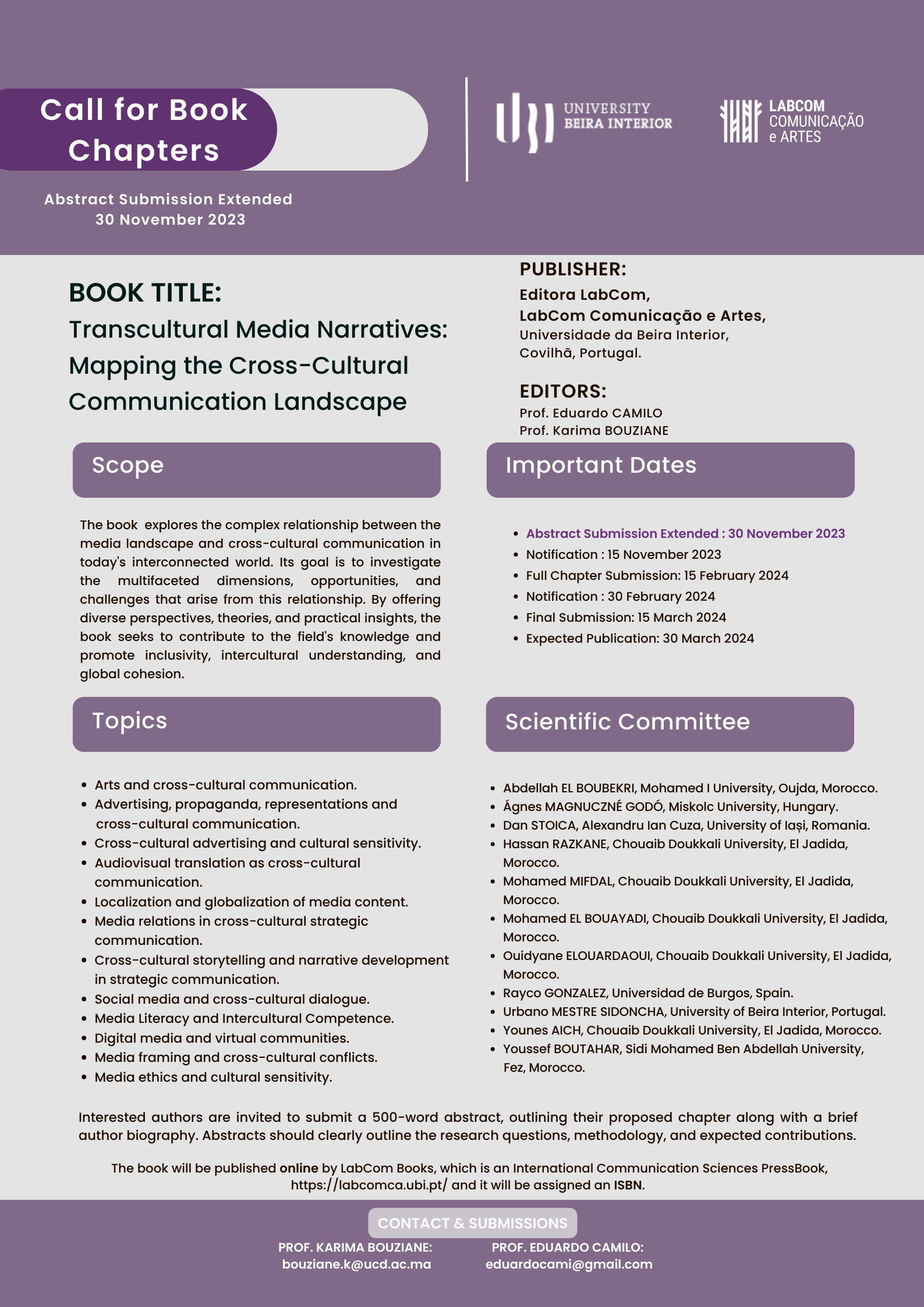> Abstract Submission Extended: 30 November 2023
Rationale
In today’s interconnected world, the media landscape stands as a powerful force that shapes how information, ideas, and cultural narratives are disseminated and received across diverse societies. This dynamic interplay between the media and culture has paved the way for cross-cultural communication to transcend geographical boundaries, enabling individuals from different backgrounds to connect, share perspectives, and engage in meaningful dialogue. As we navigate this rapidly evolving terrain, understanding the complexities and implications of the media landscape on cross-cultural communication becomes paramount for promoting inclusivity, fostering intercultural understanding, and bridging cultural divides.
The rationale behind this book project is to explore the complex relationship between the media environment and cross-cultural communication, shedding light on its multifaceted dimensions and exploring the opportunities and challenges it presents. In an era of globalization, where cultures intersect and coexist in ways never seen before, the media landscape plays a pivotal role in shaping intercultural interactions, influencing perceptions, and facilitating cultural exchange. By examining the intersection of the media landscape and cross-cultural communication, we aim to contribute to the growing body of knowledge in this field and provide valuable insights for scholars, researchers, practitioners, and students.
This book seeks to bridge the gap in the existing literature by offering a comprehensive exploration of the impact of the media context on cross-cultural communication. It aims to examine diverse perspectives, theories, and practical approaches that address the complexities of the media field in an increasingly interconnected and culturally diverse world. By bringing together interdisciplinary insights, case studies, and theoretical frameworks, this online book will provide a holistic understanding of the crucial role that media plays in shaping cross-cultural communication and its implications for societal cohesion, intercultural dialogue, and global understanding.
This online book will be published by LabCom Books, which is an international Communication Sciences PressBook, and it will be assigned an ISBN.
Topics
We invite scholars, researchers, and practitioners from various disciplines to submit chapters that address the intersection of the media landscape and cross-cultural communication. We welcome original research, theoretical perspectives, case studies, and practical studies that explore the following themes (but are not limited to):
- Arts and Cross-Cultural Communication
- Artistic Resistance and Cultural Activism
- Audiovisual Translation and Intercultural Communication
- Localization and Globalization of Media Content
- Advertising and/or propaganda representations and Cross-Cultural Communication
- Cross-cultural advertising and the importance of cultural sensitivity
- Media relations in cross-cultural strategic communication
- Media ethics and cultural considerations in strategic communication
- Cross-cultural storytelling and narrative development in strategic communication
- Social Media and Intercultural Dialogue
- Media Literacy and Intercultural Competence
- Digital Media and Virtual Communities
- Media Framing and Cross-Cultural Conflicts
- Media Ethics and Cultural Sensitivity
We encourage diverse perspectives, interdisciplinary approaches, and innovative research that can provide fresh insights and practical research findings for academics, practitioners, and students interested in this dynamic field.
Submission Guidelines
Interested authors are invited to submit a 500-word abstract, Times New Roman, 12, 1,5-line space, outlining their proposed chapter along with a brief author biography. Abstracts should clearly outline the research questions, methodology, and expected contributions.
If approved, then the author is required to submit a chapter within a range of 6,000-8,000 words.
Important Dates
- Abstract Submission Extended: 30 November 2023
- Notification of Acceptance: 15 November 2023
- Full Chapter Submission Deadline: 15 February 2024
- Notification of Acceptance: 30 February 2024
- Final Submission: 15 March 2024
- Expected Publication: 30 March 2024
Scientific Committee
- Abdellah El Boubekri, Mohamed First University, Oujda, Morocco
- Ágnes Magnuczné Godó, Miskolc University, Hungary
- Dan Stoica, Alexandru Ian Cuza, University of Iași, Romania
- Hassan Razkane, Ministry of Education, Morocco
- Mohamed Mifdal, Chouaib Doukkali University, El Jadida, Morocco
- Mohamed El Bouayadi, Chouaib Doukkali University, El Jadida, Morocco
- Ouidyane Elouardaoui, Chouaib Doukkali University, El Jadida, Morocco
- Rayco Gonzalez, Universidad de Burgos, Spain
- Urbano Mestre Sidoncha, University of Beira Interior, Portugal
- Younes Aich, Chouaib Doukkali University, El Jadida, Morocco
- Youssef Boutahar, Sidi Mohamed Ben Abdellah University- Fez, Morocco
Contact Details
For inquiries and submissions, please contact:
- Prof. Karima Bouzine: bouzianekarima@gmail.com
- Prof. Eduardo Camilo: eduardocami@gmail.com

